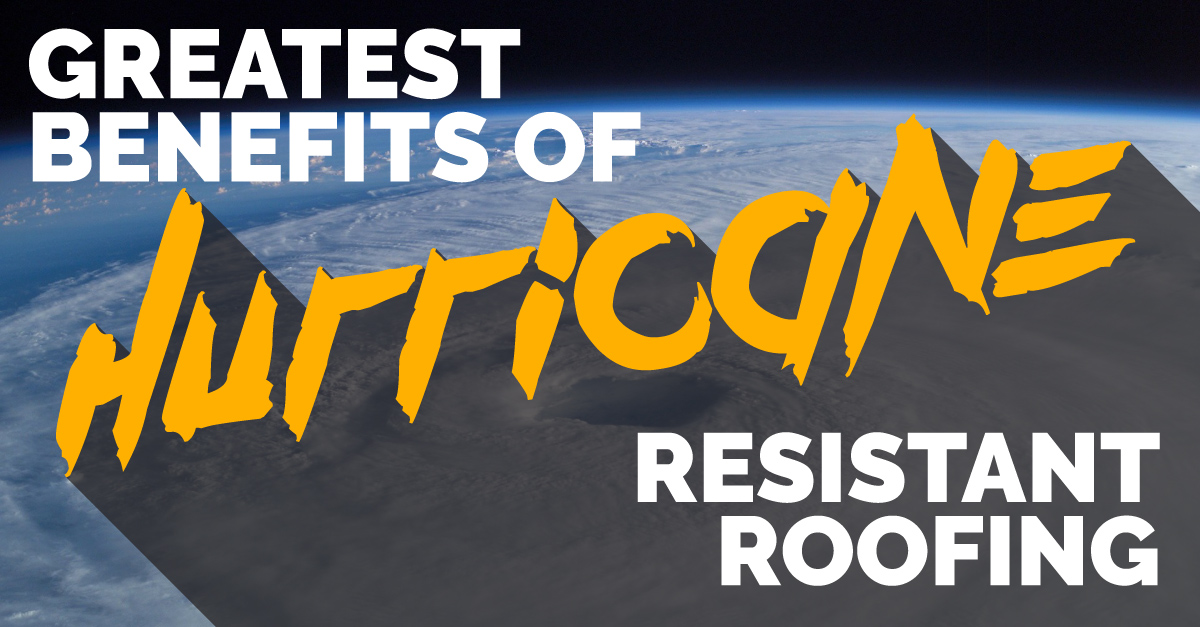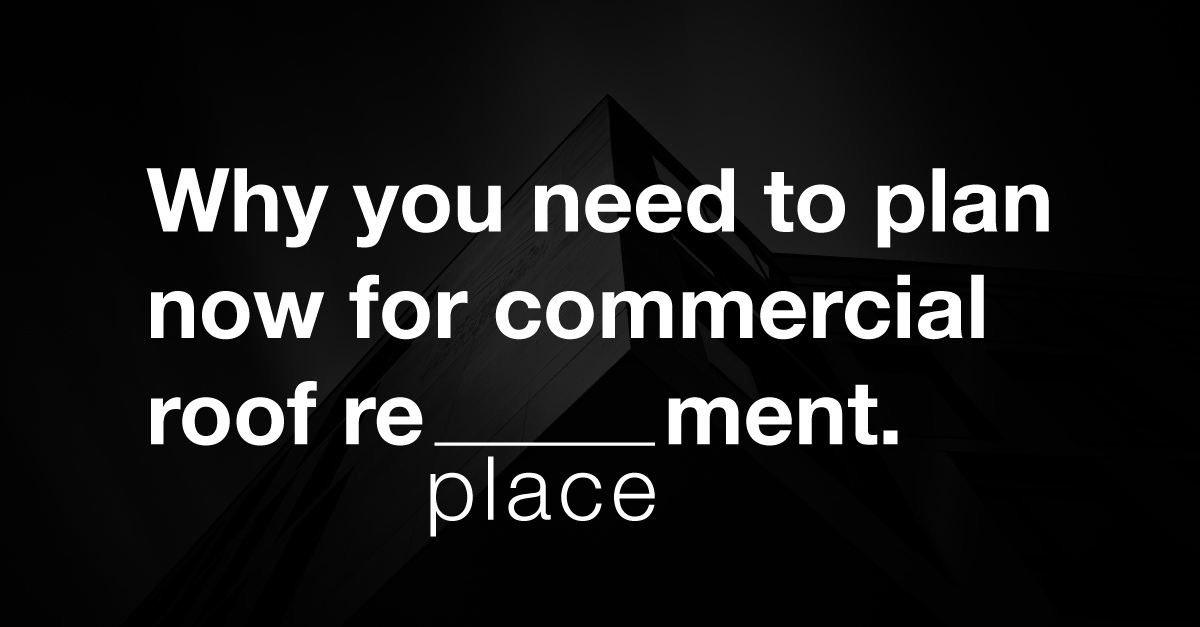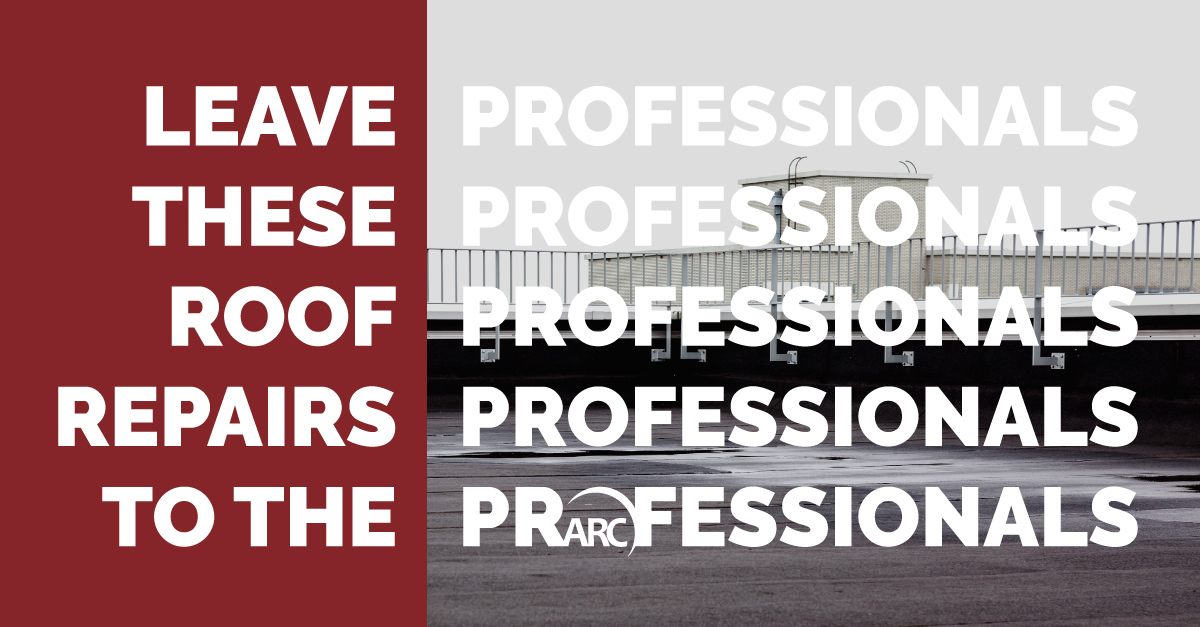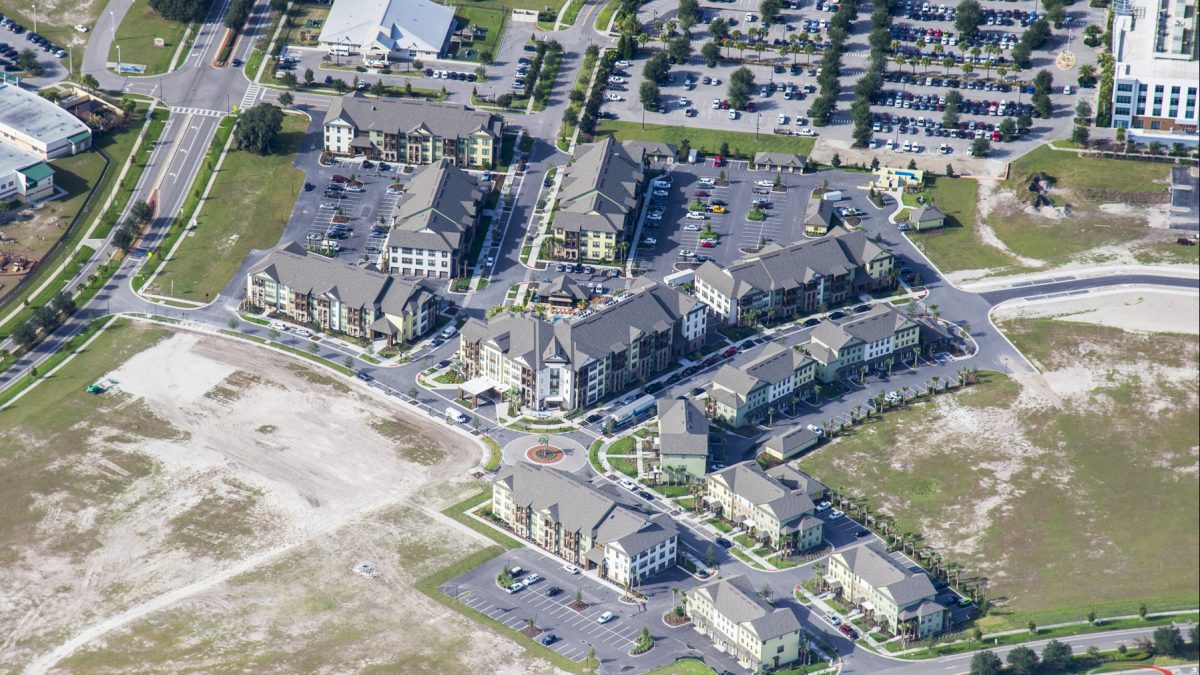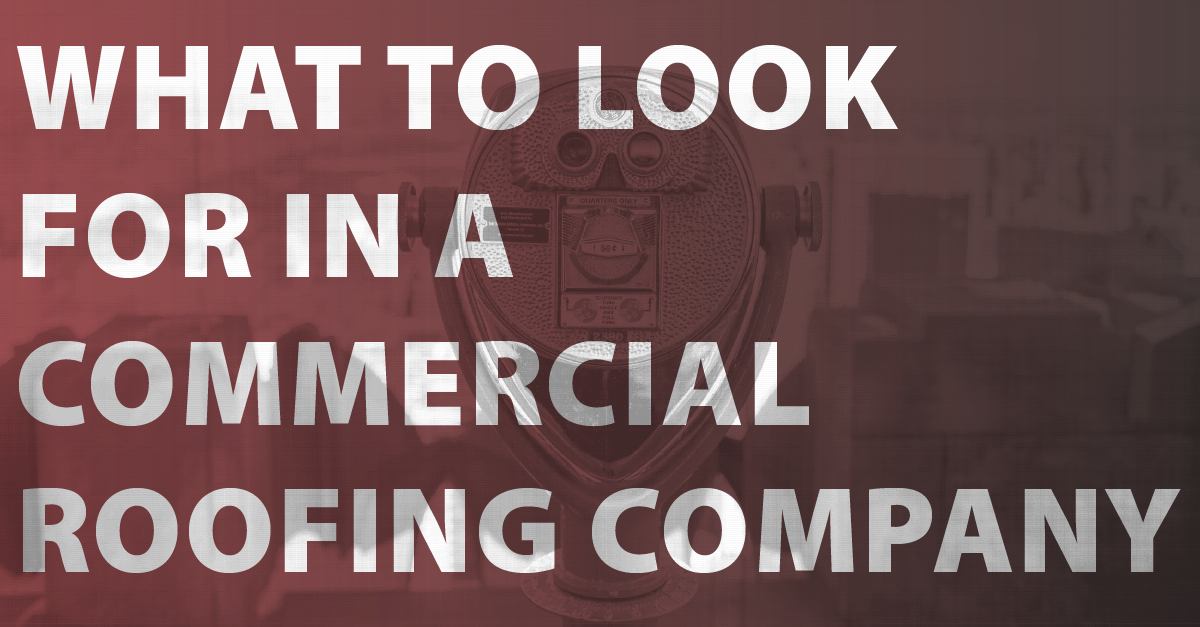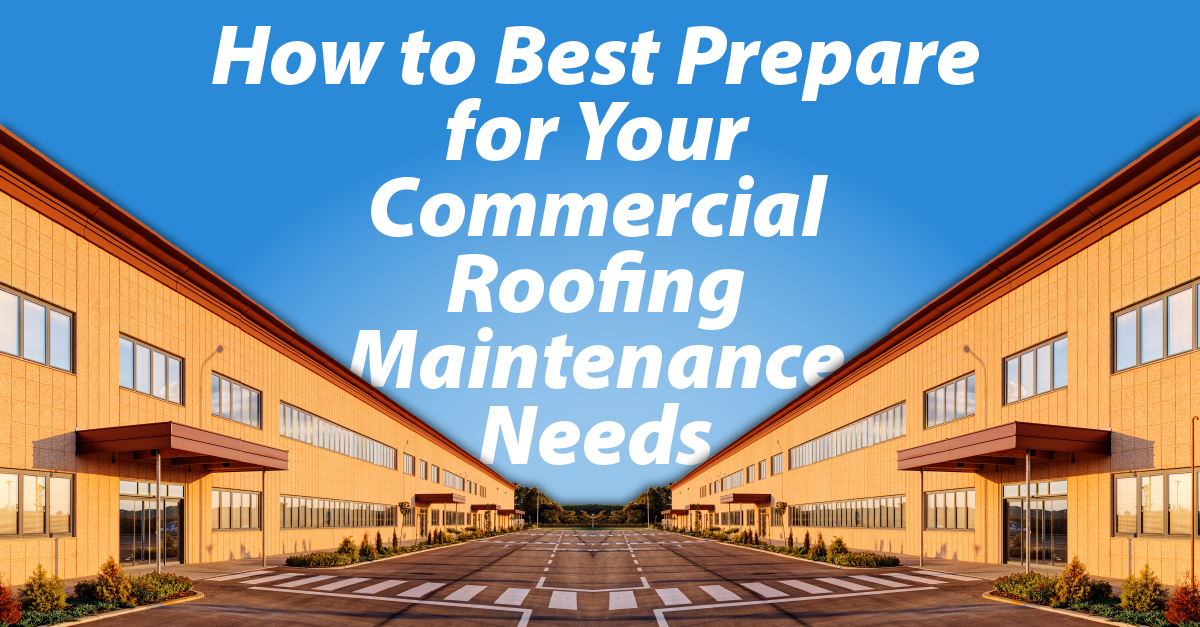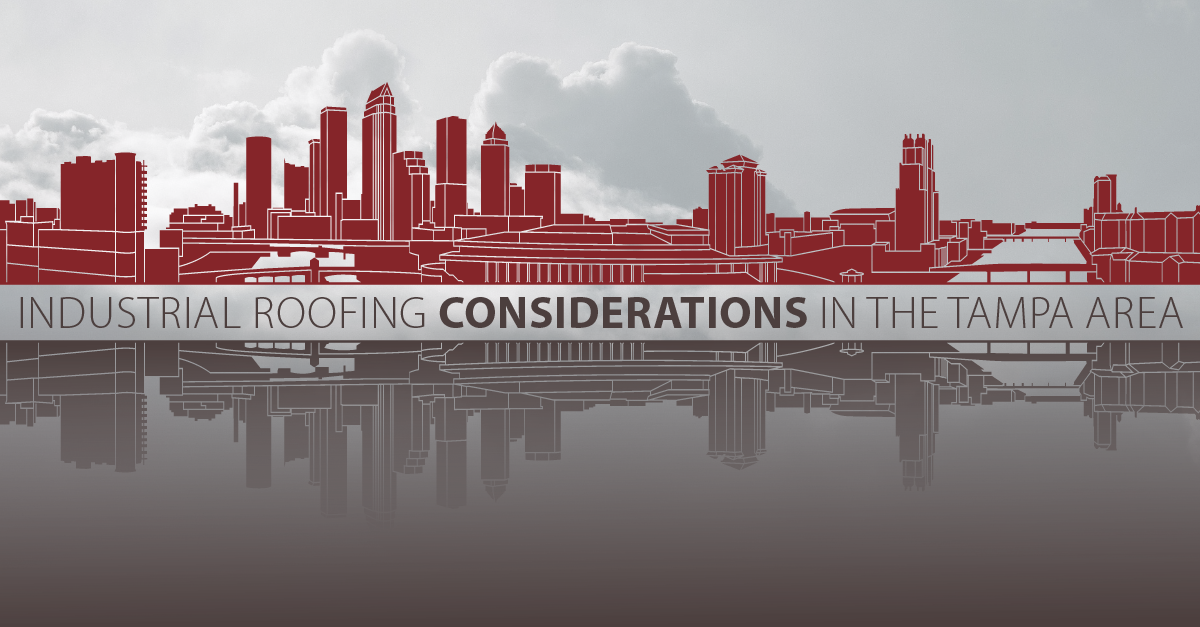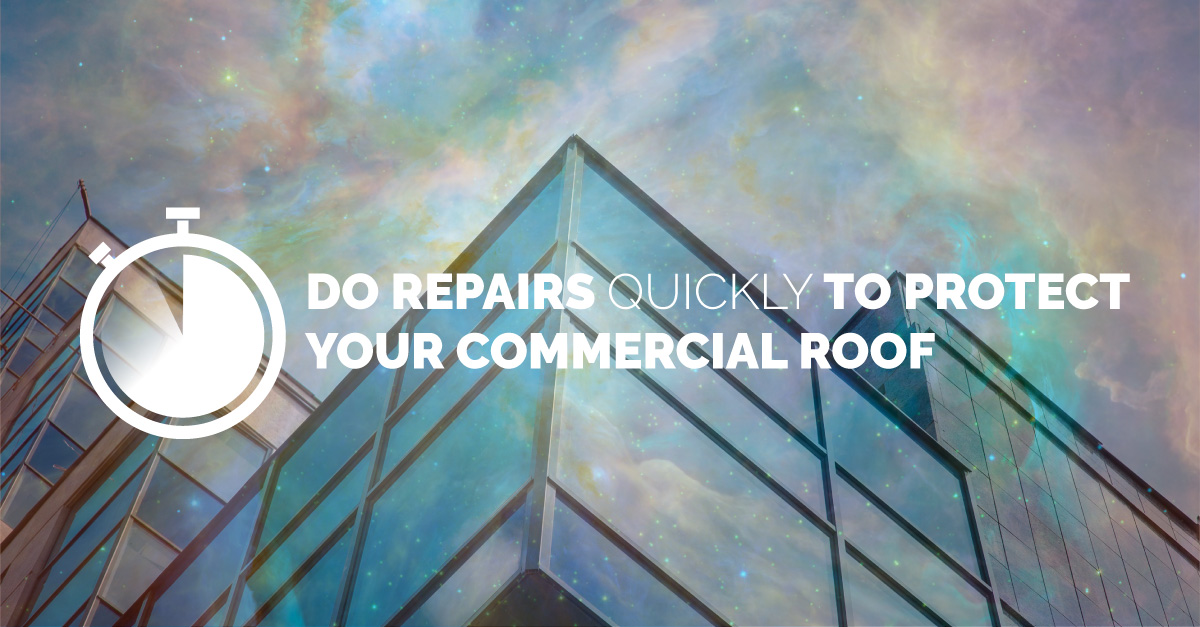Floridians know hurricanes are not to be trifled with. Commercial property owners know the stakes are too high: better to prepare for the worst, contact your Tampa commercial roofer early, and enjoy the relief when, like Hurricane Matthew, the storm’s force is less than anticipated. Seven basic precautions can protect your business property before a hurricane.
Let It Flow
Ensure scuppers, drains and downspouts are free of all obstructions. Even the smallest blockage can amplify the force of hurricane-strength rain, leading to roof collapse and an emergency call to a reliable Tampa commercial roofer.
Keep It Ready
For immediate use after the hurricane, rooftop tarps can help prevent some water leakage. Try to use as few tarps as possible, but avoid a single tarp that is too heavy or large to work with quickly under adverse conditions. Even if the hurricane has passed, you may face some wind gusts or rain.
Clamp it Down
Any accessories on your roof should be securely clamped or cabled down. Consider:
- Signs
- Satellite dishes
- HVAC units
- Splash blocks
- Blowers and vents
- Weather stations, radio antennae, or loudspeakers
If the items are lightweight and portable, bring them inside.
Cut It Back
Inspect the roof from the ground, by looking up along your commercial property’s walls. Any branches that overhang the roof must come down. These can fall during a hurricane, shattering skylights, puncturing single-ply membrane, and damaging roof insulation.
Glue It Again
You may need to contact your Tampa commercial roofer to have your flashings and pitch pans reattached. Adhesives and mechanical fasteners should be checked. These can uplift in high winds, causing water infiltration.
Clean It Off
Clean off your building’s roof. Any debris, from a forgotten glass bottle to a discarded pallet from delivery of an HVAC unit, can become an airborne missile. This can hit your roof, other properties around you or even people on the ground.
Tie It Up
Check the roof for recently added cables, lines, wires or conduit. Anything that is not firmly anchored should be tied using cable ties or similar. A single loose wire whipping around in hurricane winds can wreak havoc on your roof.
For a knowledgeable Tampa commercial roofer, turn to Aderhold Roofing. Contact us today to hear our professional tips for reducing risk before, during and after a hurricane. If your roof does get damaged, we are ready and able to answer your call.


